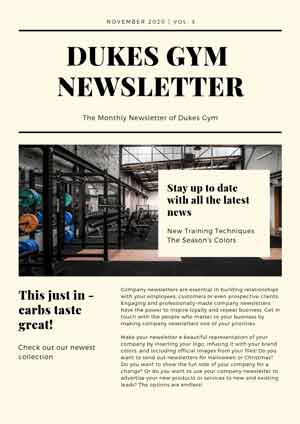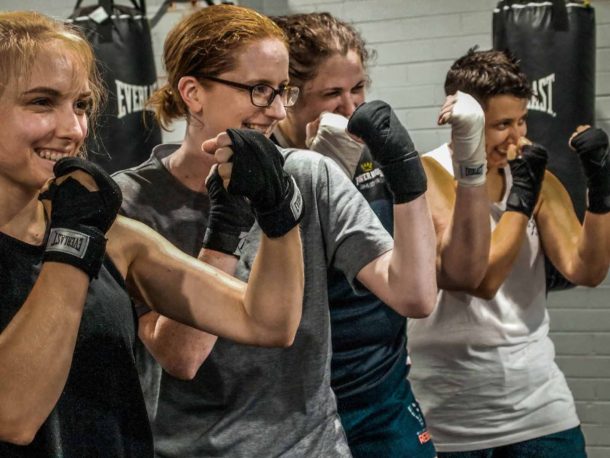If you’re a vegan, you’re probably sick of hearing “but where do you get your protein?
It may come as a surprise to some, but meeting your protein (as well as all other nutritional) needs on a vegan diet is actually really simple and cheap!
Great sources of vegan protein include: beans, chickpeas, lentils, tofu, tempeh, edamame, quinoa and many more. Not only are most cheaper than their meat or dairy alternatives, but they also come packed with vitamins, minerals and antioxidants!
Contrary to popular belief, a vegan diet actually has many benefits, and if followed correctly, can make it a lot easier to ensure your hitting your vitamin and mineral goals.
However, there are a few things you should consider and be aware of if you’re looking to go, or are already a vegan. You need to make sure they’re getting enough , calcium, iron, zinc and especially vitamin b12.
Vegan diets are particularly low in vitamin b12 as it is mainly found in meat products and very few natural sources. While it is also found in sources such as mushrooms, you’ll be much better off supplementing vitamin b12 or opting for fortified foods, as a deficiency brings some serious health risks with it. A lack of vitamin B12 can lead to anemia and blindness. It can also cause muscle weakness, tingling, and numbness .
This is by no means a fundamental flaw of the vegan diet, or that other diets are superior in this sense, but in the modern sterilised world, vegans are absolutely at a greater risk of getting a vitamin b12 deficiency. Vitamin b12 is naturally only created by bacteria and thus only found either in soil or untreated water. However, in our day and age, you’re unlikely (of course not impossible) to meet your b12 needs by relying solely on those sources and you might also incur other risks / costs. Why run the risk when supplementing with b12 is just very cheap insurance?



